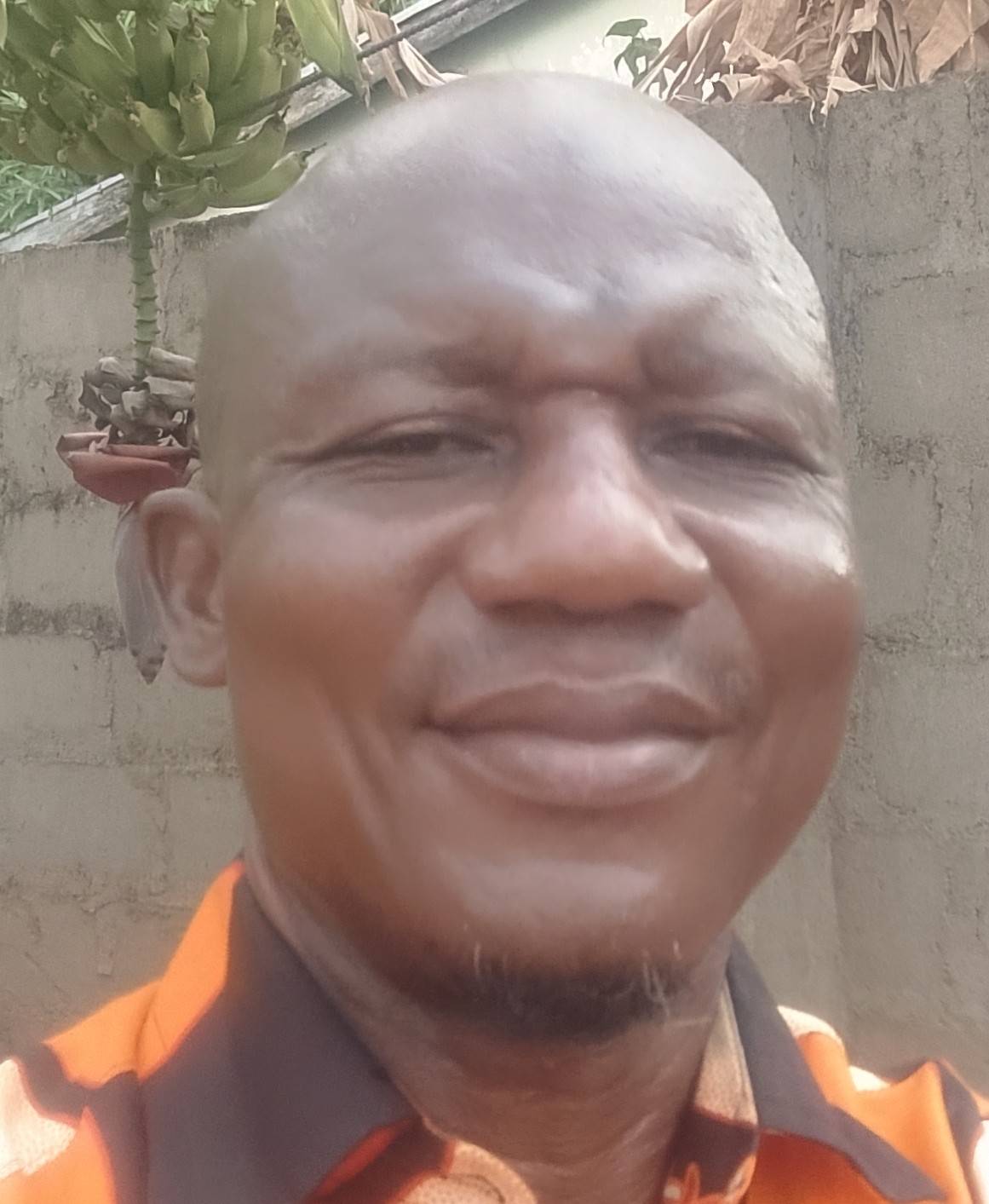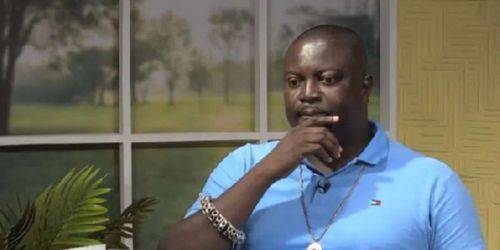Akufo-Addo Will Be Worst, Most Exposed Former President in Ghana – Dr. Asante Otchere
In the wake of Ghana's 2024 general elections, an array of political pundits and concerned citizens have set their gaze on the legacy of former President Nana Addo Dankwa Akufo-Addo. Among the loud voices rising above the cacophony is the voice of political science lecturer and veteran Dr. Jonathan Asante Otchere. Dr. Otchere has stated on record that Akufo-Addo's scandal-ridden and governance-problematic presidency has made him politically naked and exposed in a way hitherto not experienced in Ghana's democratic experience.
Using the above explanation, Dr. Otchere argues that Akufo-Addo's actions and inactions as president directly led to the rout of the New Patriotic Party (NPP) in the 2024 elections. According to him, an estimated 60% of the party's electoral loss was due to public dissatisfaction with the performance of the president. Such an assertion has long been debated by people across citizens and political observers who try to separate each and every component of Akufo-Addo's administration and see how they have led to such a humbling defeat.
One of the fundamental criticisms of Akufo-Addo's presidency was his management of the economy. Although his presidency was initially boosted by international optimism and domestic euphoria, his government later collapsed under the yoke of economic mismanagement. Under his presidency, the Ghanaian cedi experienced one of its sharpest falls, inflation skyrocketed, and public debt hit record levels. All these created enormous pressure on the common people, whose cost of living escalated exponentially. What made matters worse was the government's apparent inability to present a definite and decisive strategy to counter the economic downturn.
Despite the two big oilfield discoveries and beginning to deliver some of the infrastructure projects, the benefits of these were overshadowed by the actual economic suffering of the population. The increasing divergence between government rhetoric and actual experience dissolved public confidence. Change and prosperity hoped for by many gave way to disillusionment and disappointment.
Corruption was also a signature issue of Akufo-Addo's presidency. While in office, his administration was struck by some high-profile scandals, but the outcomes of investigation and prosecutions were themselves often seen as incomplete or politically motivated. The president was consistently attacked for his ostensible reluctance to punish his appointees. That observation undermined the integrity of his much-trumpeted anti-corruption crusade and made it question the president's seriousness regarding the pursuit of openness and accountability.
Beyond the economy and corruption, another fundamental area of concern was the president's relations with independent state institutions. Akufo-Addo has been accused by Dr. Otchere and others of eroding democratic checks and balances by exerting undue pressure on key state institutions. The Electoral Commission, the judiciary, and anti-corruption agencies were among the institutions that were allegedly targeted by the executive's interference. These actions, the critics argue, compromised the integrity of Ghana's democratic institutions and raised fears about the over-concentration of power in the executive.
Most civil society groups, opposition political parties, and media watchdogs hinged their campaigns on the polarization of democratic values in the Akufo-Addo administration. There were several protests and public demonstrations that represented increasing discontent with governance under his leadership. Public outcry in the final years of his tenure paved the way for the ultimate electoral loss of the NPP.
Dr. Otchere's assertion of Akufo-Addo as the most vulnerable former president is founded not merely on political failings, but on the fallouts that might haunt him once he leaves office. Unlike his predecessors, whose exits from office were very much dignified and embraced, Akufo-Addo must contend with the possibility of outstanding investigations, public opinion, and potentially even legal entanglements. The hanging threads of corruption allegations, contentious appointments, and controversial executive orders may return to haunt him in retirement.
Public perception of Akufo-Addo further contributes to his weakness. Several surveys and unofficial polls carried out during the end of his presidency came back with a grim image. Akufo-Addo was viewed by most Ghanaians as detached from the reality of the average Ghanaian. His constant foreign trips, lavish lifestyle, and perceived arrogance did nothing to endear him to a populace that was grappling with economic hardship. These perceptions have left an indelible mark on his legacy.
In comparing Akufo-Addo to his predecessors, the contrast is stark. While every administration has had its share of challenges, not many have witnessed such a precipitous decline from grace. His initial rise was fueled by widespread optimism and a strong mandate, but his presidency ended under a cloud of public resentment and political instability. It is this downward spiral, Dr. Otchere contends, that makes him Ghana's most vulnerable former president.
The future for Akufo-Addo is uncertain. The degree of outrage over his leadership could dictate how he will be treated in the next few years. If the investigations into his government gain momentum, and if political will is as much as the public pressure, he could face consequences unimaginable to former leaders of state. That would be a turning point in Ghanaian politics, one that could possibly reshape how leaders are held accountable going forward.
Dr. Otchere's prophecy is a message to current and future leaders. It emphasizes the importance of responsible governance, institutional integrity, and remaining connected to the people. For Akufo-Addo, the coming years will determine if history will judge him solely on the record of achievement of his government or if the dark clouds of controversy will define his legacy.
In summary, the prediction that Akufo-Addo will be the worst and most vulnerable former president in Ghana is not without basis. It is rooted in an objective assessment of economic missteps, governance failures, institutional weakening, and public discontent. As Ghana continues with its experiment in democracy, Akufo-Addo's record will be a lesson and a benchmark for leadership in the Fourth Republic.



No comments yet
Be the first to share your thoughts!